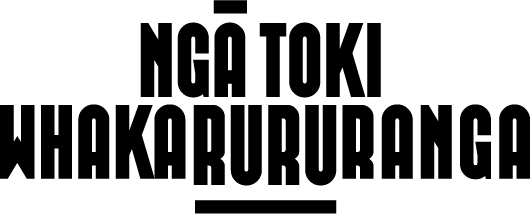Rongoā Māori
The Waitangi Tribunal’s report on the Wai 262 inquiry Ko Aotearoa Tēnei dedicated a whole chapter to rongoā Māori. The Tribunal described rongoā as a taongā over which Māori exercise rangatiratanga and kaitiakitanga. That authority has been subordinated over several centuries – most notoriously the Tohunga Suppression Act 1907. The Labour government established Te Pae Tawhiti as a programme to implement Ko Aotearoa Tēnei, including on rongoā Māori, but it has moved very slowly.
Meanwhile, the Government moved in the opposite direction. A Therapeutic Products Bill in 2022 would allow a Crown-appointed Registrar, employed by the Ministry of Health, to decide who can make rongoā, what rongoā can contain, who can use rongoā and how rongoā can be described. The proposed law applies a Western world view, standards, and decision making procedures that cut directly across Te Tiriti o Waitangi. There is no role for rongoā practitioners in that new regime, let alone recognition of their right to exercise rangatiraranga over rongoā, and no Tiriti o Waitangi protections.
Rongoā Māori practitioner Donna Kerridge, a Kaihautū of Ngā Toki Whakarururanga, warned that the Therapeutic Medicines Bill may be intended to clear the way for free trade agreements (FTAs). That suspicion was reinforced by MFAT’s refusal to release that part of its advice on the Therapeutic Medicines Bill under the Official Information Act request. A groundswell of resistance to this Bill may pressure the government to back off.
But the links to trade agreements are already on the record. The same Western regulatory model has been promoted through secretly negotiated free trade agreements. In 2003, Australia and New Zealand agreed to implement a joint regime under the Australia New Zealand Therapeutic Products Authority (ANZTPA). The Crown failed to consult with rongoā practitioners or seek input from hapū, iwi and relevant rōpū. The Wai 262 inquiry agreed to an urgent interim hearing of concerns raised by Te Waka Kai Ora and Ngāti Kahungunu.
At the Tribunal, Te Waka Kai Ora argued that minimising trade barriers means opening up markets for rongoā products and incentivising non-Māori commercial interests to develop products that use mātauranga Māori for their own gain, knowing they are subject to almost no legal protections, and without seeking permission from or engaging with Māori. Even though rongoā was to be excluded from the ANZTPA, the Waitangi Tribunal’s final report warned that similar arrangements were a risk under the NZ-Australia Closer Economic Relations (CER) Agreement and the Trans-Tasman Mutual Recognition Arrangement 1998.
That risk applies to a wide range of international trade agreements. Externally imposed regulatory standards could effectively shut down the ability of rongoā practitioners and Māori traditional healers to develop their own kaupapa and tikanga-based standards in breach of the Crown’s Tiriti obligation to protect that mātauranga and practitioners’ exercise of rangatiratanga, mana and kaitiakitanga.

